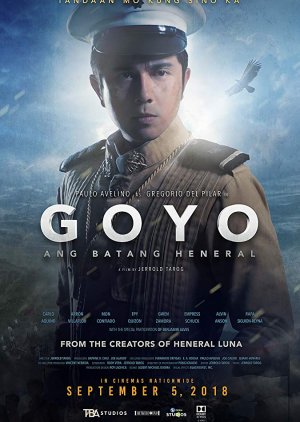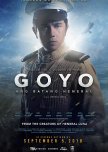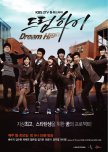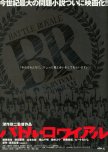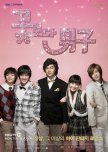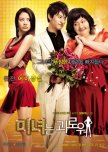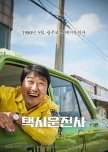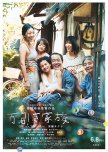
"Why do we always look up and glorify without questions?"
Goyo: The Boy General picked up soon after General Luna was assassinated in the prior film “Heneral Luna”. General Gregorio del Pilar and President Aguinaldo faced another colonizer when the Spanish ceded The Philippines to the Americans. Much of the story took place in Pangasinan during the five months in 1899 when Goyo was stationed there until the fateful battle in the Tirad Pass. I’m always leery of writing a review about another country’s history and revered leaders so this will only be my opinion on the artistic merits of the film.“And what did the Republic do during those five months when its doom was being plotted?”
Over an hour of the film took place when the American forces were quiet and Goyo and his men were hanging out in Pangasinan. Instead of strategizing or training, Goyo spent most of his time trying to romance the lovely and distant Remedios. It scarcely felt like war was looming as there were parades, plays, feasting, and dancing going on much of the time. The people hailed Goyo as a hero due to his past successes against the Spanish. Not everyone loved him for there were those who blamed him and Emilio Aguinaldo for the death of General Luna. Other generals resented his arrogant attitude and Aguinaldo’s favoritism.
“Why are we blindly dependent on heroes?”
The movie didn’t set up any hero worship of Goyo. Using artistic interpretation, The Eagle as he was also known, occasionally had bloody visions from the past and blood-soaked fears for the future along with trembling hands. His military abilities were also sorely tested against the new foe. In one short skirmish with the Americans, sharpshooters picked off his men at an alarming rate causing him to retreat. He was shown on two separate occasions not recognizing gun or cannon fire leaving his people vulnerable. And much of the movie focused on his womanizing. The half of the movie with skinny dipping, women fighting over him, and hero worshipping began to wear thin.
“We don’t need heroes, we need soldiers”
The narration from historical letters showed how ill-prepared they were for war. Most of the soldiers were farmers or laborers. When the Americans advanced, they did so speedily, catching Goyo flat-footed. Lacking in supplies the military and Aguinaldo’s family traveled with little to eat or drink with the Americans hot on their trail. At Tirad Pass, Goyo and his men held the high ground but were unable to capitalize on it for long. Vastly outmanned and outgunned they were quickly overrun yet still able to give President Aguinaldo and the rest of the army time to escape.
The cinematography captured the time and beauty of the country even during the midst of war. The soundtrack elevated the emotional mood of each scene. Actors varied in strength and ability. One thing that stood out was for both countries, many of the soldiers were quite young. The sound could fade in certain scenes making dialogue garbled. But overall, the production values were quite high. The battle at Tirad Pass was especially well shot and choreographed. It’s one of the better Filipino films I’ve watched.
“Self-preservation is the law of God”
The message of the film could be blurred. Much of the film was devoted to Goyo attempting to romance the reluctant Remedio even when his ex-lover strolled into town. It didn’t help his cause that his briefcase was filled with love letters from pining women he’d abandoned. Was it a tragic romance or simply a criticism of the young general? Though the people loved their country and wanted autonomy, the military and Goyo were rarely shown in a positive light. There was no shortage of criticism for del Pilar, Aguinaldo, divisive generals, soldiers who ran away in fear, villagers who refused to help, and those who profited off the Americans. Aguinaldo was especially the target of much ire. Numerous bloody visions hinted that Goyo might not have been emotionally stable. Guilt or simply PTSD for a young man who had seen too much and carried a great burden on his shoulders?
“I’m beginning to believe they are right to call us children”
The narration frequently mentioned that the Filipinos were like children. Lack of solidarity and supplies, military leaders unskilled in strategic thinking, and political self-interest doomed the revolutionaries from the start. Their fight for independence soon became a fight for dignity. Despite the often negative portrayal of the military leaders, many courageous revolutionaries were prepared to die fighting for love of their country and did. It would take another 45 years for their dreams and sacrifices to blossom.
23 January 2024
Cet avis était-il utile?
Cet avis était-il utile?

